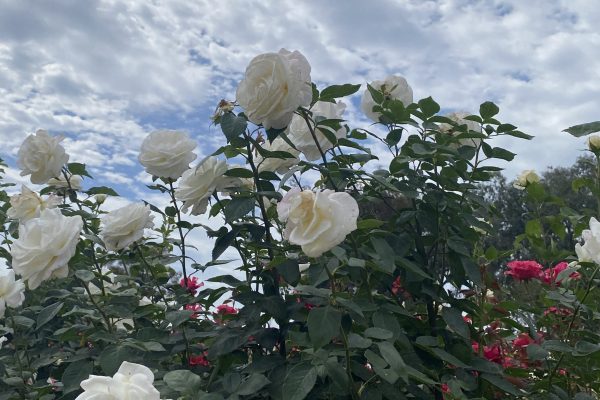Our Vision
We envision a world in which religion doesn’t just play a role in promoting violence, destructive conflicts and deepening divides, but rather serves as a central catalyst for inspiring individuals and communities across religious and political divides to engage more mindfully, respectfully and constructively in their various interactions and conflicts with each other. This world does not yet exist, but 9 Adar, the Jewish Day of Constructive Conflict, aspires to give a glimpse into it and thereby help contribute towards it indeed becoming a reality.
Where is Constructive Conflict in the Jewish Calendar?
The Jewish calendar is full of holidays that promote important Jewish values relating to the larger field of conflict resolution, such as Yom Kippur and forgiveness, Passover and freedom, Tisha B’Av and baseless hatred. However, there is no single day dedicated to promoting the critical Jewish value (so sorely missing from Jewish identity and communal life today) of machloket l’shem shamayim (disputes for the sake of Heaven) or constructive conflict (disputes managed in a positive and healthy manner allowing for the balance of conflicting needs and perspectives).
Why 9 Adar?
On the 9th of Adar, approximately 2,000 years ago, the initially peaceful and constructive conflict between two dominant Jewish schools of thought, Beit Hillel and Beit Shammai, erupted into a violent and destructive conflict over a vote on 18 legal matters, leading to the death of many (3,000 according to some sources). The day was said to be as tragic as the day the golden calf was created. It was later declared a fast day, however it was never observed as such (Shulchan Aruch, Orach Chayim, Laws of Fasts 580).
The Pardes Center for Judaism and Conflict Resolution, together with institutional partners around the world, has therefore chosen to mark this day as the Jewish Day of Constructive Conflict. It is our hope that through commemorating this day in such a manner, we may merit to see the prophetic vision of this day come true, as it has been said, “in the future, G-d will turn these (fast) days into days of rejoicing and happiness” (Shulchan Aruch, Orach Chayim, Laws of Fasts 580).
Our Goals
The goal of 9 Adar is to infuse the values, theories and practices of Jewish models of conflict resolution [such as being a rodef shalom (pursuer of peace) and practicing constructive conflicts] into the identity, culture and practice of individuals and communities across religious and political divides around the world.
Learn more about 9 Adar at: http://9adar.org/











